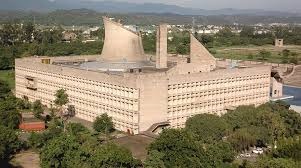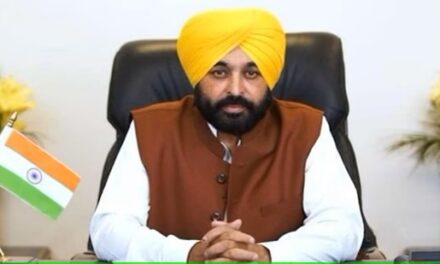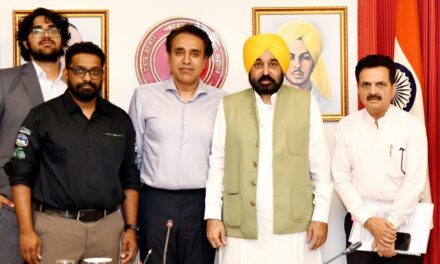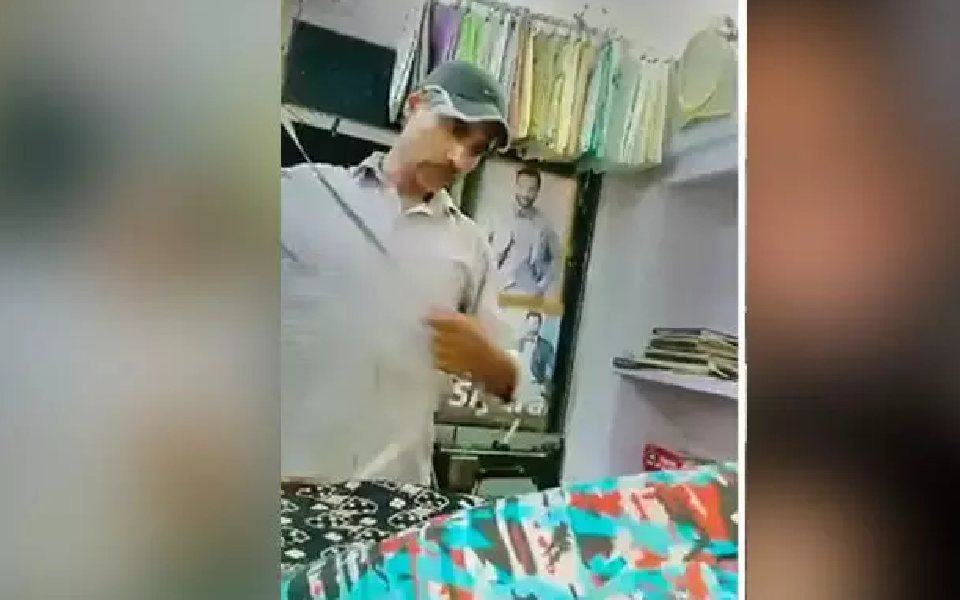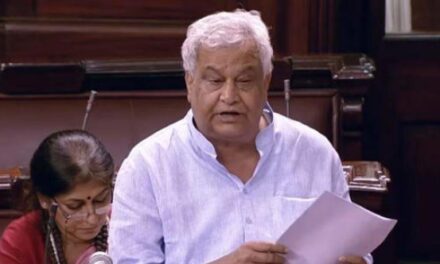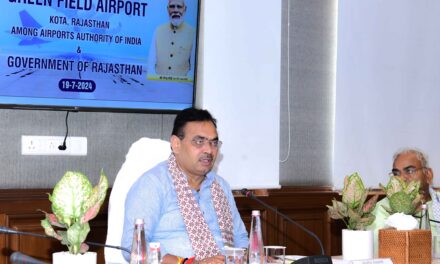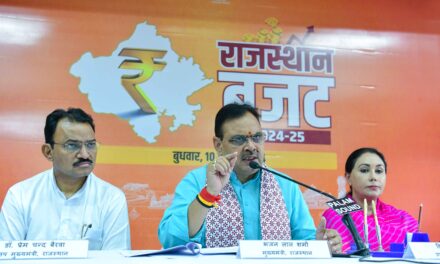Rajasthan High Court Grants Bail to Mohammed Javed in Udaipur Tailor Kanhaiya Lal Murder Case
In a significant legal development, the Rajasthan High Court has granted bail to Mohammed Javed, one of the accused in the 2022 murder of Udaipur tailor Kanhaiya Lal. The court’s decision came on Thursday, September 5, 2024, with a Division Bench ruling in favor of Javed’s release after reviewing the evidence presented by both the defense and prosecution.
Kanhaiya Lal’s gruesome murder in Udaipur had shocked the nation and led to widespread protests. The tailor was beheaded in broad daylight by two men, reportedly in retaliation for a social media post in support of former BJP spokesperson Nupur Sharma. While the two main accused, Riyaz Attari and Ghouse Mohammad, were arrested soon after the murder, several others, including Mohammed Javed, were later charged for their alleged roles in planning and facilitating the crime.
Mohammed Javed was accused of conducting reconnaissance for the two main accused and allegedly aiding them in locating Kanhaiya Lal before the murder. However, Javed’s defense team contested these claims, arguing that the prosecution, led by the National Investigation Agency (NIA), failed to provide substantial evidence to prove his involvement. Specifically, the defense pointed to the lack of clarity regarding Javed’s exact location during the time he was accused of conspiring with the main accused.
The Division Bench of the Rajasthan High Court, while delivering its decision, highlighted the gaps in the evidence presented by the NIA. The court noted that the prosecution had failed to corroborate its claims with concrete evidence, particularly in relation to Javed’s mobile phone records, which were supposed to demonstrate his involvement in the conspiracy. The call detail records, according to the court, did not definitively place Javed at the scene of the crime or confirm his participation in the reconnaissance activities.
In light of these findings, the court ordered Javed’s release on bail, requiring him to furnish a bail bond of ₹2 lakh, along with two sureties of ₹1 lakh each. The court made it clear that while the bail was granted, the legal proceedings would continue, and Javed would still face trial for the charges leveled against him. The bail order does not absolve Javed of the charges but provides him temporary freedom until the trial progresses further.
The defense counsel, representing Mohammed Javed, expressed satisfaction with the court’s decision, emphasizing that the NIA had failed to provide solid proof linking Javed to the actual crime. “There was no evidence to prove that my client was involved in conducting reconnaissance or assisting the two main accused in any manner. The court recognized this and granted bail based on the lack of clarity in the prosecution’s case,” said Javed’s lawyer.
However, the ruling has sparked mixed reactions among various groups. The family of Kanhaiya Lal expressed disappointment at the court’s decision, stating that they believed all those involved in the crime, directly or indirectly, should be held accountable. Several social and political organizations that had rallied for justice following Kanhaiya Lal’s murder also voiced concerns about the implications of the bail decision on the ongoing case.
Meanwhile, the prosecution is expected to continue its efforts to strengthen the case against Javed and the other accused. Legal experts believe that the trial, which will delve deeper into the evidence and the role of each accused, will play a crucial role in determining the final outcome of the case.
Kanhaiya Lal’s murder had sent shockwaves across the country, and the investigation, led by the NIA, has been under close scrutiny since the incident. The case remains one of the most closely watched trials in recent years, given its sensitive nature and the political and social tensions it has generated.
As the legal battle continues, the court’s decision to grant bail to Mohammed Javed marks a crucial juncture in the case, with many awaiting the next developments in what has already been a prolonged and controversial investigation.

